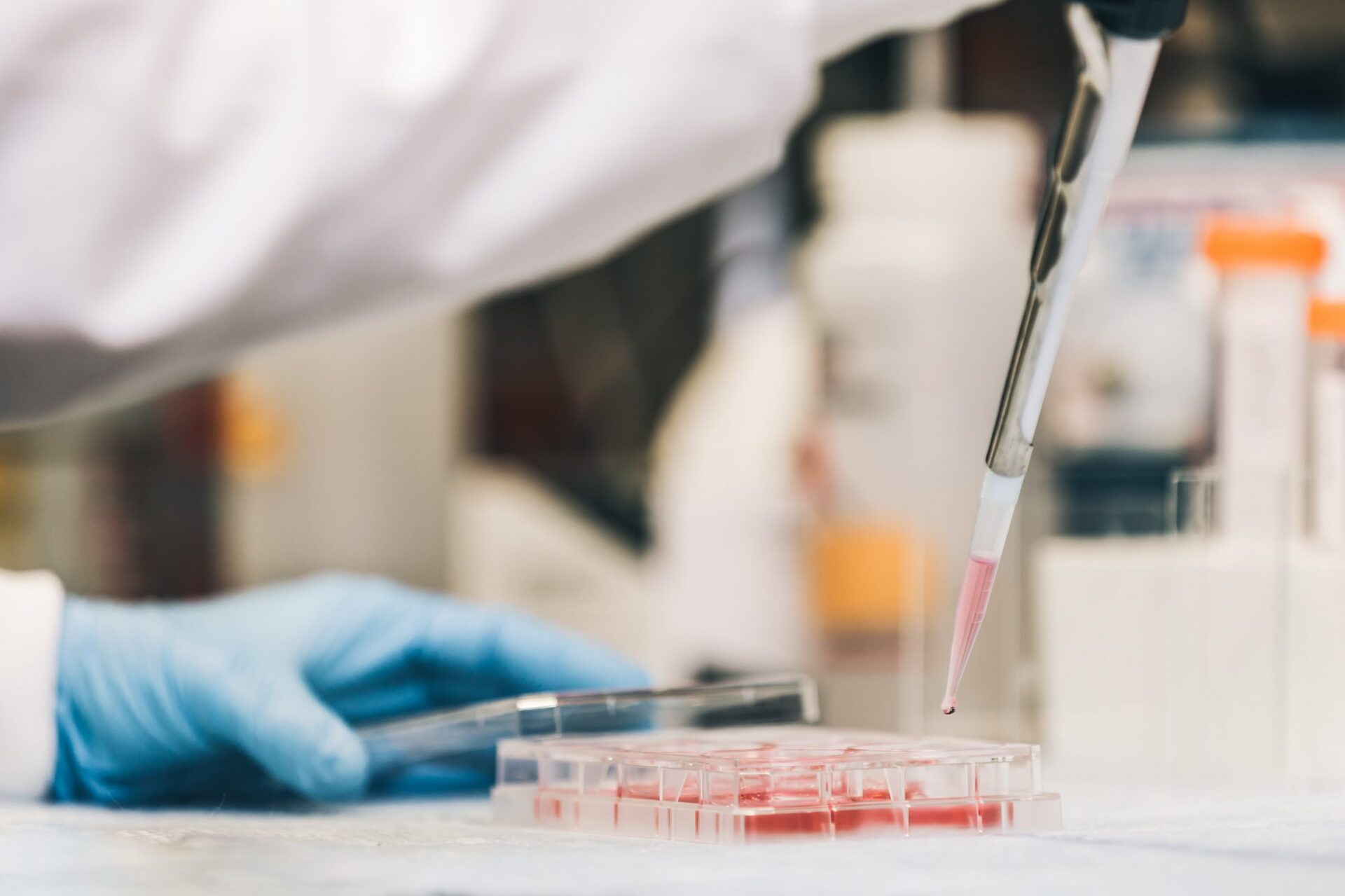British researchers at Cardiff University have accidentally discovered a new immune system cell that has a receptor capable of identifying cancer cells and destroying them. The immune system breakthrough could be used to treat all types of cancer, the scientists say. The results, published in the journal Nature Immunology, have not yet been tested on patients, but the researchers say they have “enormous potential”.
What was discovered?
Immunotherapies are increasingly being used to treat cancer with very good results. But in addition to what was known, scientists have discovered a T-cell of the immune system that can scan the body to assess whether there is a threat that needs to be eliminated.
This cell appears to be able to attack a wide range of cancers.
“There is a chance to treat any type of cancer,” researcher Prof Andrew Sewell told the BBC. He added: “Until recently, no one thought this could be possible. It raises the prospect of a single treatment for all types of cancer because T cells could be able to destroy different types of cancer.”
How do they work?
T cells have “receptors” on their surface that allow them to “see” at a chemical level.
The Cardiff University research team has discovered a new immune system cell called a T cell whose receptors can find and kill a wide range of cancer cells in the laboratory, including lung, skin, blood, colon, breast, bone, prostate, ovarian, kidney and cervical cancer cells. Importantly, it left normal tissue untouched.
This particular T cell receptor interacts with a molecule called MR1, which is found on the surface of every cell in the human body. The MR1 molecule is thought to relay the distorted metabolism that takes place inside a cancer cell to the immune system. “We are the first researchers to describe a T cell that detects the MR1 molecule in cancer cells,” researcher Garry Dolton told the BBC.
Why is this significant?
The development of cancer immunotherapy has been one of the most exciting advancements in the field. The best-known example is the CAR-T drug, which is produced by genetically engineering a patient’s own immune cells and programmed to seek out and destroy cancer cells. CAR-T can have dramatic results, turning a terminally ill cancer patient into a healthy person in complete remission. However, the approach is highly specific and only works in a limited number of cancer types.
The new discovery could lead to a “universal” treatment for any type of cancer.
How would it work in practice?
A blood sample would be taken from a cancer patient. T cells would be extracted from the sample and genetically modified so that they could be reprogrammed to detect cancer cells. The genetically reprogrammed cells would be grown in large quantities in the laboratory and then reintroduced into the patient's bloodstream. This is the same process used to make CAR-T therapies.
The research has so far only been tested in animals and in cells grown in the laboratory. More safety checks will be needed before the treatment can be applied to humans.
What do the experts say?
Lucia Mori and Gennaro De Libero, from the University of Basel in Switzerland, said: "We are very excited about the immunological functions of this new population of T cells and their use in tumor cell therapy."
Daniel Davis, professor of immunology at the University of Manchester, said: "At the moment this is basic research and it will take time to translate into medicine for patients. But we have no doubt that this is a very important discovery, both for our basic knowledge of the immune system and for the possibility of developing new drugs to treat cancer."







